April 11 is World Parkinson’s Day, an international date set to raise awareness of people living with Parkinson’s Disease.
Approximately 100,000 Australian’s are living with Parkinson’s Disease… but what exactly is it?
What is Parkinson’s Disease?
Parkinson’s Disease is a progressive, degenerative condition of the central nervous system. It mainly affects your bodies movement.
Parkinson’s Disease is associated with degeneration and cell death with the basal ganglia of the brain, which affects the secretion of the neurotransmitter dopamine. A lack of dopamine in the brain is what scientists believe may cause Parkinson’s.
Symptoms
Due to the degenerative nature of Parkinson’s Disease, its symptoms progress slowly and the condition typically worsens over time. The most obvious early signs include:
- Tremor
- Slowness of movement
- Muscle rigidity
- Difficulty walking
- Early non-motor symptoms include:
- Cognitive changes
- Behavioral issues
- Depression
- Anxiety
- Apathy
The symptoms of Parkinson’s are wide and varied, differing from person to person. People may also experience a range of:
- Muscular issues
- Sleep disorders
- Gastrointestinal and urinary issues
- Difficulty with speech
- Swallowing
- Sensory changes
For a more extensive list of symptoms, you can visit Parkinsons.org.au.
Cause
Unfortunately, the exact cause of Parkinson’s Disease is unknown Scientists believe that both genetic and environmental factors may be involved. Certain viruses can even trigger the disease.
A deficit of dopamine and norepinephrine within the brain and the presence of abnormal proteins called Lewy bodies are associated with the development of Parkinson’s.
Treatment
Parkinson’s Disease can’t be cured. However, there are a range of treatments that can help alleviate and control symptoms.
Medications
There are medications that can be prescribed to help improve the symptoms of Parkinson’s, such as tremors and movement. As you cannot give dopamine directly, some prescribed medications actually mimic the dopamine effects in your brain. Such a medication class is called dopamine agonists. Doctors will be able to identify and prescribe medications that may suit a person’s needs best.
Physical and Supportive Therapies
People with Parkinson’s are encouraged to live as physically active as possible. Supportive therapies can assist with exercises and retraining the body. Therapies include:
-
Physiotherapy
Management of bones, muscles, cardiovascular system, nerves through exercises, manipulation, and massages.
-
Occupational Therapy
Holistic support to help people with everyday activities. Occupational therapists have actually recommended the Uccello Kettle as an assistive product.
-
Speech therapy
Support with communication, eating, drinking, and swallowing.
Surgery
The surgery for Parkinson’s that generally occurs once medications and supportive therapies lessen its effectiveness is called Deep Brain Stimulation (DBS). DBS is a surgery that involves implanting special electrodes into specific areas of the brain. DBS isn’t a cure for Parkinson’s Disease, however, it can help to control its symptoms.



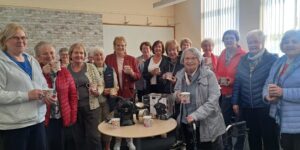
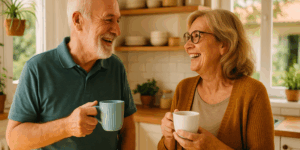


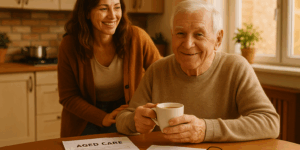
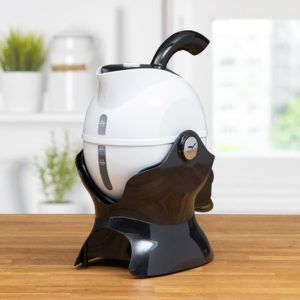
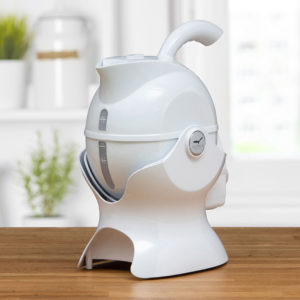
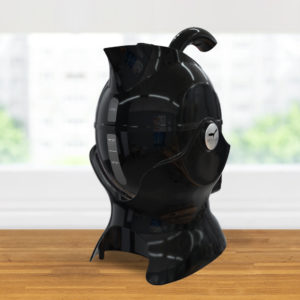
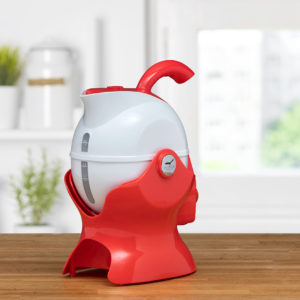

Leave a Comment